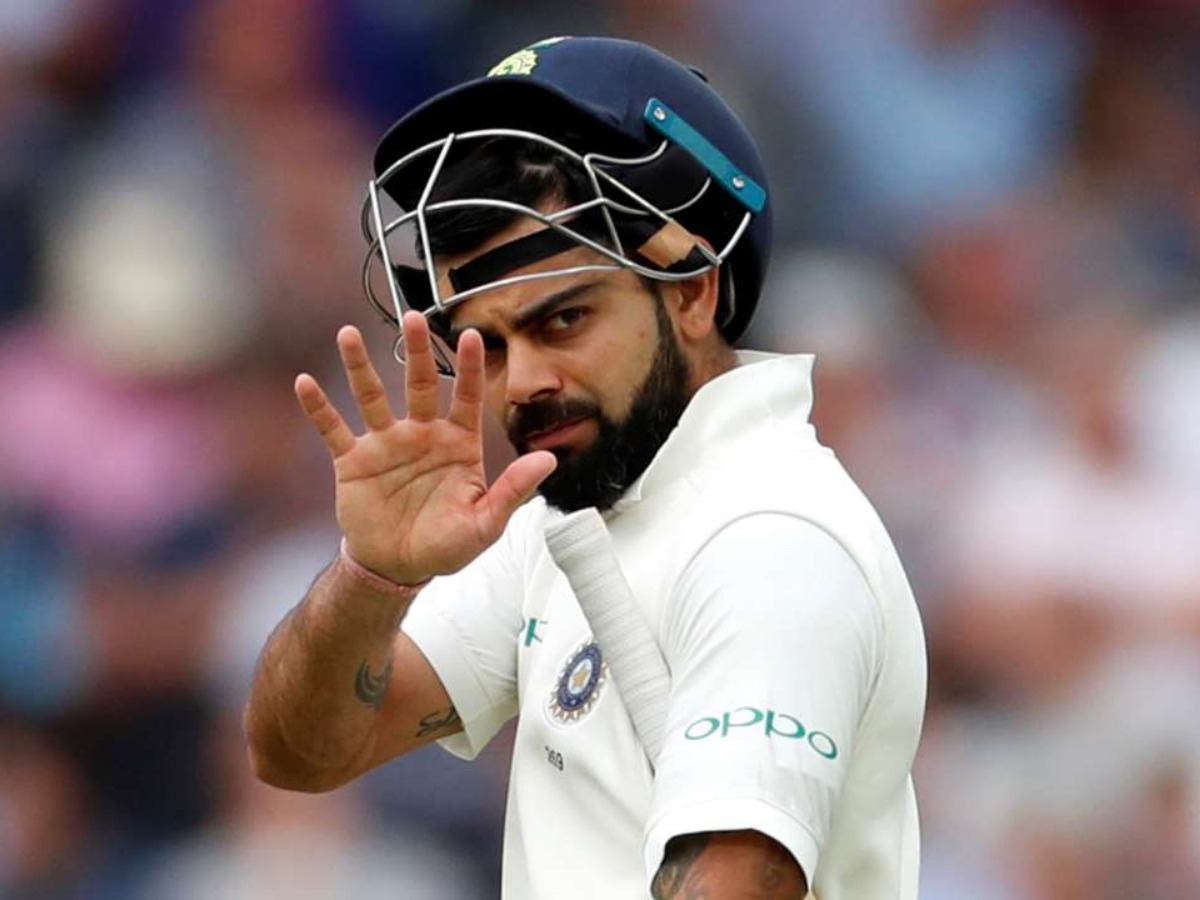Satellite Image Captures Category 4 Hurricane & The Solar Eclipse In One Shot & It's Amazing!
A total solar eclipse took place over parts of the Pacific Ocean Chile and Argentina on July 2 and the complete eclipse was visible to people for little over two minutes. The spectacular photo was captured by GOES-West a weather satellite thats a joint project of the National Oceanic and Atmospheric Administration NOAA and NASA. In a satellite imagery GIF thats going viral the moons dark shadow can be seen passing through the globe while across t...Read More

Geostationary satellites hovering roughly 22,300 miles from Earth¡¯s surface captured something unimaginable: a hurricane and a total solar eclipse taking place at the same time!
In a satellite imagery GIF that's going viral, the moon's dark shadow can be seen passing through the globe while across the Pacific Ocean one can see the storm clouds of Hurricane Barbara brewing up.

Meteorologist Dakota Smith first brought attention to the amazing images that two satellites belonging to the National Oceanic and Atmospheric Administration (NOAA) captured on Tuesday morning.
A major hurricane.
¡ª Dakota Smith (@weatherdak) 2 July 2019
A total solar eclipse.
Earth is breathtaking. pic.twitter.com/U1rnfvczUt
And it's truly something to be seen!
The spectacular photo was captured by GOES-West, a weather satellite that's a joint project of the National Oceanic and Atmospheric Administration (NOAA) and NASA.
According to a Live Science report, the shadow reached the Chilean coast around 4:40 p.m. EDT (2040 GMT) on July 2 and kept right on going, heading east across South America's narrow southern wedge toward the Atlantic.
Not too often you catch a Category 4 hurricane and a solar eclipse occurring in the same satellite loop. pic.twitter.com/eFze8Z3avp
¡ª NWS Kansas City (@NWSKansasCity) 2 July 2019
Hurricane Barbara is the second hurricane of the year in the eastern Pacific. It had winds of 155 mph, placing it just a shade below Category 5 strength. But the good news that it's not anywhere near land so major destruction is not predict at the moment.
Two years after the 'Great American Eclipse,' a total solar eclipse graced the skies once again.
But the 2019's total solar eclipse only passed over parts of the Pacific Ocean, Chile and Argentina on July 2, and the complete eclipse was visible to people for little over two minutes.
A solar eclipse occurs when the moon passes between the earth and the sun, blocking the light of the sun from passing through while causing a shadow to appear on the earth's surface.
A total solar eclipse involves complete blockage of the sun's light and can be seen only from a specific area on the earth's surface that lies on the path of totality.
Coming to the hurricane captured by the satellite, space is the best vantage point to watch a hurricane forming.
The National Oceanic and Atmospheric Administration's GOES West satellite delivered another insane look at the heart of Hurricane Barbara, the first major Eastern Pacific storm of 2019.
Here¡¯s an up-close look at the eye of now Cat. 4 #HurricaneBarbara, as seen by #GOESWest. Barbara is packing maximum sustained winds of nearly 130 mph. More imagery: https://t.co/au0BIQroLJ pic.twitter.com/YbS1ozH8qN
¡ª NOAA Satellites (@NOAASatellites) 2 July 2019
According to reports, the hurricane is expected to weaken this week, but could potentially bring some stormy weather to Hawaii depending on its path and strength.
This event is just reminder to all of us to the wonders of space and the planet we live in. It's fascinating as to how much of an advancement humans have achieved in terms of technology. To view such a rare natural phenomenon is a true blessing!








